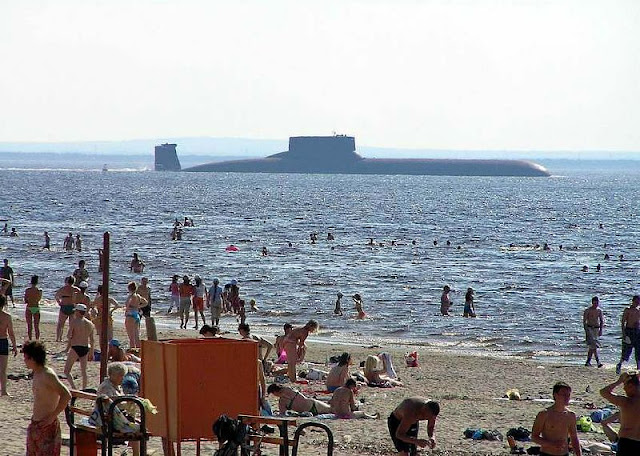Re: The Rise of the Russian Empire: Russo-Armenian Relations
So Armenia wants to be in NATO too. Well.... well... well....
by Valentin Zorin
Allow me to start off with a personal recollection. I accompanied Mikhail Gorbachev on his visit to the United States of America almost seventeen years ago, and attended, as another adviser, Gorbachev’s meetings with George Bush Sr., and that gave me a rare chance to watch what historians of the future will surely be inclined to describe as the biggest breach of confidence and compare to the notoriously known Munich agreement between France and Britain, on the one hand, and Nazi Germany, on the other.
Mikhail Gorbachev and George Bush Sr. focused on the reunification of divided Germany. President Bush saw the reunification of Germany as a fundamental factor of continental stability and global detente.
He repeatedly assured Soviet leader Gorbachev that the reunification of Germany would never take the North Atlantic Alliance closer to the Soviet border. I can still open my old notebook or play back an old tape to recall what he said: “The allied forces will not be inching closer to your border.”
The arrival of NATO forces at the border of Russia translates into more than a threat to the Russian Federation. Russia will find a way to meet this threat. The American super-hawks had better remember that Russia remains a powerful country with impressive stocks of nuclear missiles.
READ MORE - http://www.globalresearch.ca/index.p...xt=va&aid=4918
Originally posted by Armenian
View Post
NATO Build-Up On Russia's Borders Worst Treachery Since Munich 1938


by Valentin Zorin
Allow me to start off with a personal recollection. I accompanied Mikhail Gorbachev on his visit to the United States of America almost seventeen years ago, and attended, as another adviser, Gorbachev’s meetings with George Bush Sr., and that gave me a rare chance to watch what historians of the future will surely be inclined to describe as the biggest breach of confidence and compare to the notoriously known Munich agreement between France and Britain, on the one hand, and Nazi Germany, on the other.
Mikhail Gorbachev and George Bush Sr. focused on the reunification of divided Germany. President Bush saw the reunification of Germany as a fundamental factor of continental stability and global detente.
He repeatedly assured Soviet leader Gorbachev that the reunification of Germany would never take the North Atlantic Alliance closer to the Soviet border. I can still open my old notebook or play back an old tape to recall what he said: “The allied forces will not be inching closer to your border.”
The arrival of NATO forces at the border of Russia translates into more than a threat to the Russian Federation. Russia will find a way to meet this threat. The American super-hawks had better remember that Russia remains a powerful country with impressive stocks of nuclear missiles.
READ MORE - http://www.globalresearch.ca/index.p...xt=va&aid=4918
















Comment